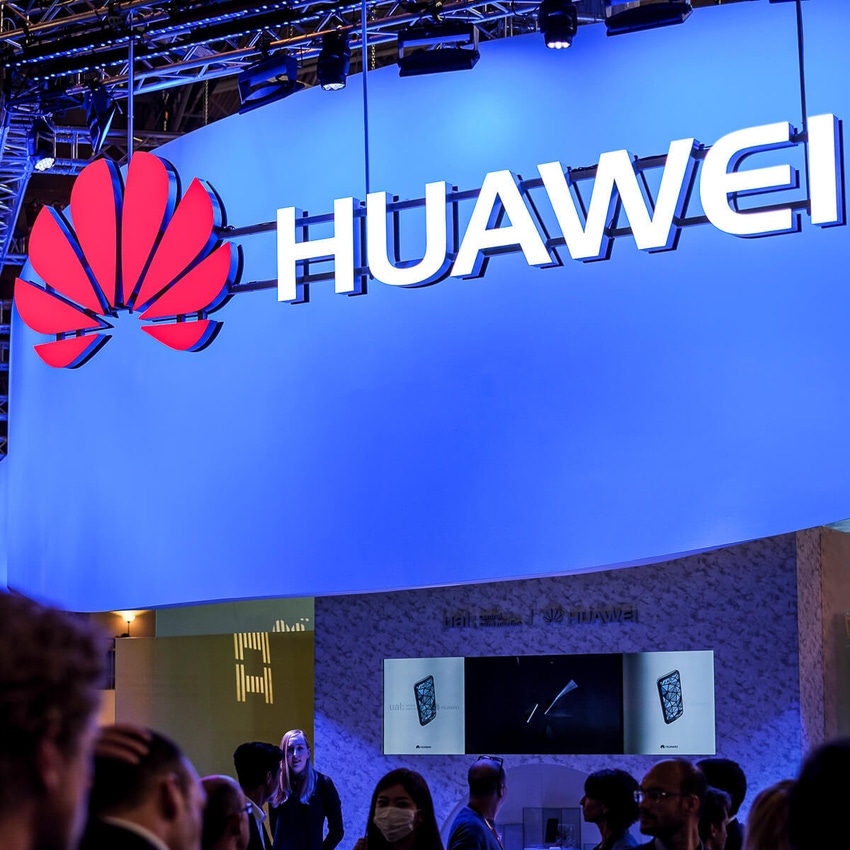A US appeals court throws out Huawei's complaint against the FCC, though there's more to keep its lawyers busy in Canada, Poland, the UK and Sweden.

Often, especially in the Trump days, Chinese companies had a run of luck challenging hasty executive orders in the cooler climates of the courts. But not Huawei, not today.
The FCC is bang to rights calling the Shenzhen-based company a national security threat, ruled a three-judge panel of the US Court of Appeals for the Fifth Circuit. And thus, continued the court, the FCC was on solid legal ground in saying Huawei can't use US federal funds set aside for broadband development to subsidize its 5G equipment sales.
Figure 1:  Stand out: Nothing seems to be going Huawei's way when it comes to US relations at the moment.
Stand out: Nothing seems to be going Huawei's way when it comes to US relations at the moment.
(Source: Karlis Dambrans on Flickr CC 2.0)
The subsidies, "universal service funds," are overseen by the FCC. This pool of money subsidizes cheaper telephone and Internet access in high-cost areas, and for categories of users like rural healthcare facilities, schools and libraries.
First, let's 5G all the lawyers
Lawyers for Huawei argued the US regulator was intruding on the president's foreign affairs powers, and skipped necessary steps in federal agencies' decision making.
Huawei's argument that the FCC was usurping the role of the US Department of State and other foreign affairs agencies "gives us pause," admitted Circuit Judge Stuart Kyle Duncan. But the FCC wasn't intervening in foreign affairs, but acting within its remit as a telecoms regulator, the judge argued.
"If we were convinced that the FCC is here acting as 'a sort of junior-varsity' State Department, we would set the rule aside. But no such skullduggery is afoot," said the judge. "Assessing security risks to telecom networks falls in the FCC's wheelhouse," said Duncan.
The FCC's lawyers also said the agency, before making its 2019 rule, had properly evaluated evidence gathered by Congress and the US Department of Justice. During oral arguments, the judges focused on whether Huawei had failed to eliminate security weaknesses that could permit hackers, including the Chinese government, to eavesdrop on data and voice communications.
Got that appeal
On both points, the three-judge panel, sitting in New Orleans, thought the FCC had the better of the argument, and so denied Huawei's petition for review. Under US law, reviews of FCC orders go directly to the court of appeals. The appeals court then first applies a Chevron test to see whether Congress has "directly spoken to the precise question at issue." In this case, the agency needs to follow the "unambiguously expressed intent of Congress."
If not, then the courts' test (the "Alenco test") becomes whether an agency's act was "arbitrary and capricious," or an abuse of its discretion. So the panel applied both tests, and decided Congress hadn't spoken on the precise point, but the FCC hadn't been arbitrary, capricious, or abused its discretionary powers. On the bright side, Huawei has lots of other courtroom dramas to look forward to.
The spy trial of a former employee has just got going this month in a court in Warsaw.
Want to know more about security? Check out our dedicated security channel here on
Light Reading.
Huawei is also fighting the extradition of its chief financial officer Meng Wanzhou from Canada to the US. This now involves both a courtroom battle in Vancouver, and a second front in the UK, where Huawei is trying to force HSBC to release documents it thinks will help it win the Canadian case. And an administrative court in Stockholm is deliberating over Huawei's case against Sweden's telecom regulator, for banning Huawei from the country's 5G networks.
Sweden and the UK are the only European countries to have banned Huawei and ZTE outright from their 5G networks. Other countries, like France, Italy and Germany, have instead had recourse to red tape. France has said operators using Huawei 5G equipment won't be able to renew their current licenses when they expire.
Germany and Italy have also, just coincidentally, recently set very high security bars for 5G equipment manufacturers. And if Huawei doesn't end up meeting those, it may be a matter of the Italian and German translations of "oh dear, how sad, never mind."
But as Huawei fights rearguard battles against its exclusion from western markets, New Orleans at any rate will not be its last courtroom.
Related posts:
— Pádraig Belton, contributing editor special to Light Reading
Read more about:
AsiaAbout the Author(s)
You May Also Like










